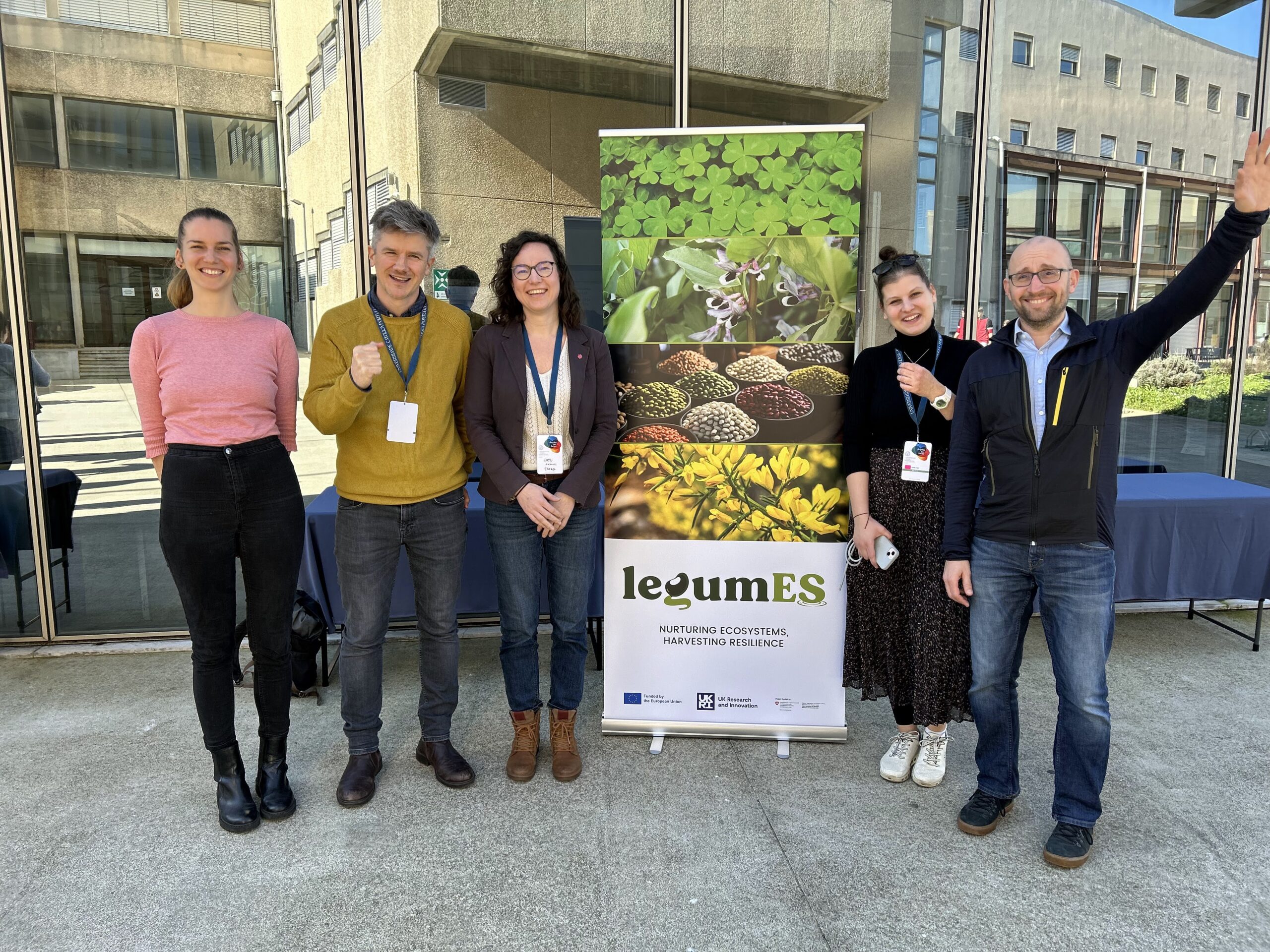Will legume cropping across Europe reach the minimum thresholds necessary to optimise sustainable production?
LegumES (Valorizing and balancing the ecosystem service benefits offered by legumes, and legume-based cropped systems) is an international cooperation supported by the European Union that brings together 22 organisations from 12 countries, including universities, research institutes, NGOs, and consultancies. Hungary is represented by ESSRG and Agri Kulti teams. LegumES visions the uptake of best practices in agrobiodiverse legume-based cropped systems, and the uptake of methodologies and tools to balance the environmental and economic ES (ecosystem services) benefits provided by legume across scales.
The project involves a wide range of stakeholders, including farmers from 42 farms, agronomists, nutritionists, economists, socio-economic researchers, legislators, and EU policymakers. LegumES develops and tests methodologies and tools in its 4-year collaboration that interpret the benefits of legume-based production systems across the entire life cycle at farm, regional, EU, and global levels. The project aims to demonstrate the ecological benefits and economic potential of legumes − with theoretical and tacit knowledge − and to support the development of related policies, legislation, and regulatory procedures. Project activities will promote the integration of legumes into future farming systems and ensure the monitoring of legume-based ecosystem services.
The ESSRG will lead the expert dialogue on policy solutions for legume-based production and will contribute to the identification of policy instruments for legumes and recommendations for the development of a legume-based food and farming system.
The project (HORIZON-CL6-2023-BIODIV-01-16) receives funding from the EU HORIZON Research and Innovation Actions.
